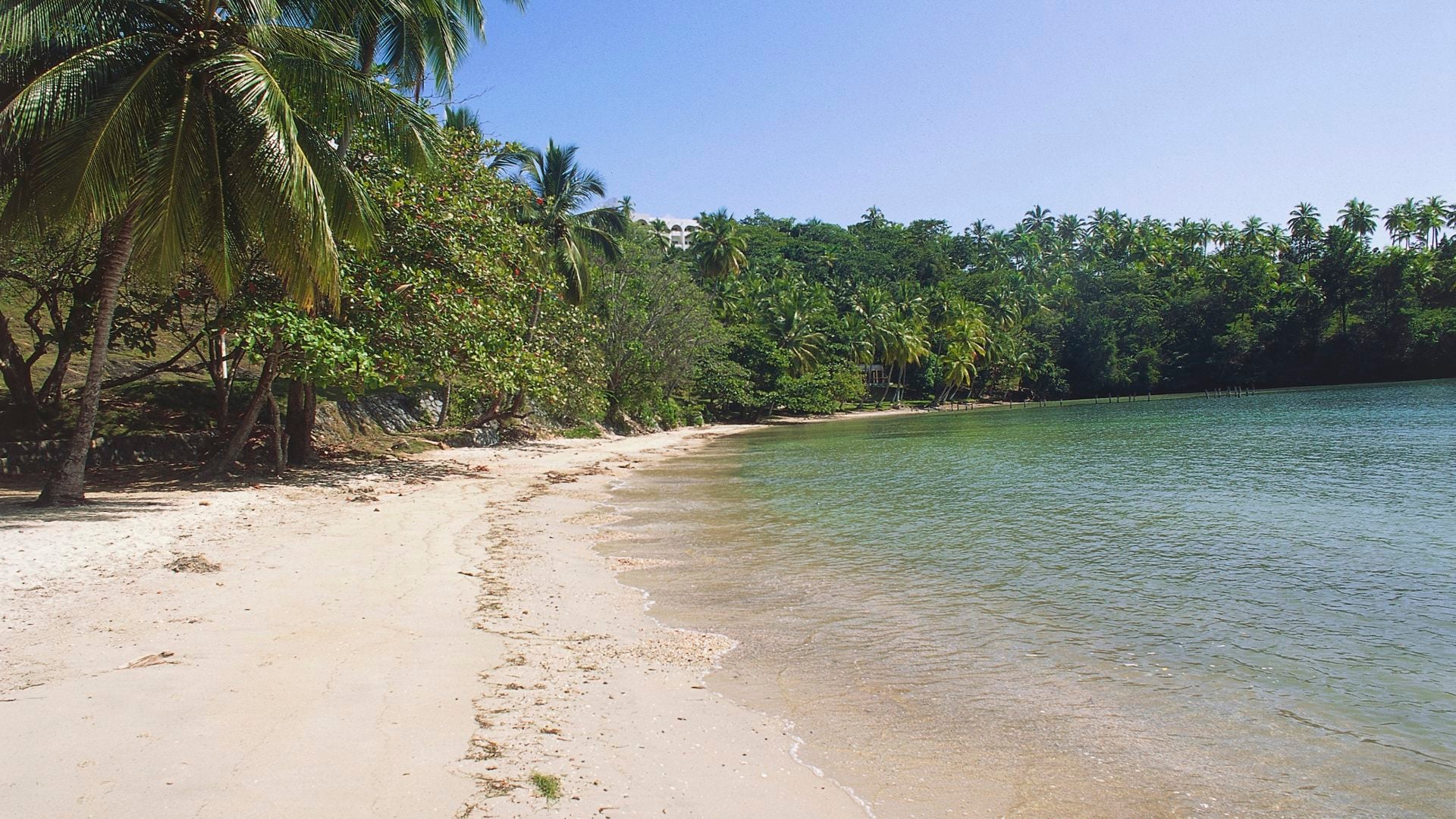
The Dominican Republic—or DR, as I have grown up calling it—shares the island of Hispaniola with my parents’ birthplace, Haiti. It is also the country from which we have received disturbing reports of the mysterious, sudden deaths of several American tourists.
While the tenuous safety and security of travelers factor into my decision not to visit DR, it has more to do with a harder to swallow truth that dates back generations: DR’s troubling history of inequality and state-sanctioned discrimination.
DR has always had a volatile history. Shifting leadership and a fraught political climate are responsible for that. Although the DR is in the Caribbean, colorism and racism are entrenched, with a targeted and vocal disdain for darker-skinned Haitian migrants being evident. In recent years, this has taken the form of limited citizenship rights for generations of Haitians born in the DR. Even Dominican-born baseball players with any Haitian lineage are subject to these archaic practices.
The hard truth is that Dominicans with any traceable Haitian heritage are being treated as second-class citizens—at best. They can’t receive documentation in hospitals, are often asked to move, and have been victims of rape and murder with limited to no repercussions for their assailants.
You think the MAGA-inspired “Build a Wall!” chants we have been subjected to in the United States are bad? These same sentiments have been advertised on billboards sponsored by DR politicians since at least the 90s. I grew up hearing the devastating oral histories of the Parsley Massacre, and of DR’s former President Rafael Trujillo, who would allegedly come into Haiti quite frequently for fun.
According to my father’s telling, the Haitian leadership rejected his plea to unite Hispaniola, leading Trujillo to authorize the massacre of thousands of Haitians (reportedly numbering up to 30,000) by machete in the Dominican Republic. The traumatic legacy of this massacre still impacts citizens decades later.
Like many countries, there has been a far-right wing agenda that has pierced the country’s intersection of democracy and equality. It is the same spirit of Trujillo that has arisen again, only this time, to an even more heightened degree. The increase in migration from Haiti to DR, or rather the horrified response to it, has made it worse. But, be clear, there was always a distaste for Haitians, a distaste rooted firmly in DR’s tragic and violent history of colorism and racism.
A friend of mine working for the State Department once shared her experiences in the DR. Her story was layered, harkening back to our own dark U.S. history of enslavement and racialized, gendered violence. In public, she often heard men referring to her and other dark-skinned women as “Haitian bitches”; yet, when no one was looking, these same men were soliciting her for sex. What made this more striking is that my friend is not Haitian, but a dark-skinned African American woman.
Although my father has traveled to the DR recently, I cannot see myself contributing to an economy and government that treats their Haitian brothers and sisters—a sizeable portion of their population—in such a degrading manner.
And while the recent deaths in DR are troubling, the island’s long history of discrimination steeped in colorism and racism has long been a reason not to spend one dollar there.